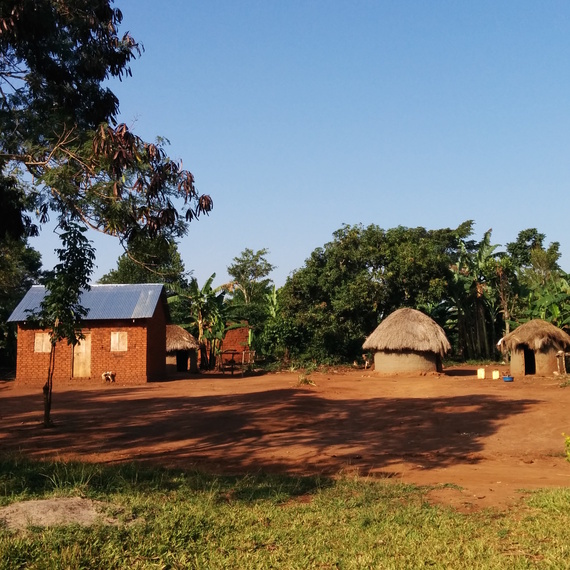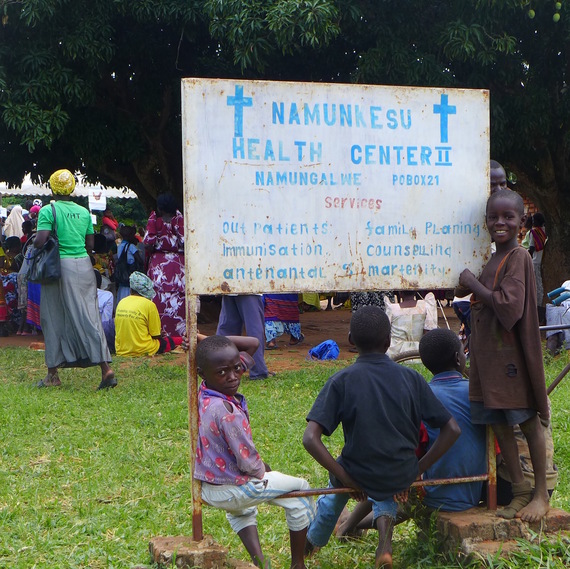Throughout history there have always been dishonest people. It will always be so. As our numbers increase to more than 7 billion people on our planet, we have to find ways to do better.
Corruption in healthcare, at least at a community level, has very few winners. Local doctors and clinicians feel little satisfaction seeing their fellow community members suffer; nor do they particularly revel in the lack of wages and essential healthcare supplies. The cost of both salary and commodity are often passed on to the consumer, with community members paying for services that should have been free or low-cost. For many rural residents in Iganga, Uganda, where I spent the last year working for the Uganda Village Project (UVP), most cost associated with healthcare is too big a burden for the family. This can result in a disease or health problem, which early on would have been treated easily, developing into a debilitating problem that is not readily cured, if at all.
The Uganda Village Project works with rural communities in the Iganga District to promote health and sanitation throughout a three-year project called the "Healthy Villages Initiative". As part of the initiative, each village is engaged with UVP in five areas of health, including family planning and contraception, water sanitation and hygiene, malaria, HIV/AIDS, and shallow wells. This past year we were able to collect data on those areas from approximately 5,600 individuals, giving the organization an accurate window into the lives of rural community members. In the data tool questions were also included related to health care usage and associated costs, which had some shocking results.
From the survey we found that 50 percent of the 236 households which had visited a hospital in the past 12 months had to pay more than 50,000 Ugandan Schillings for that visit, which was then equivalent to about 15$. Though that does not seem much, for the mainly subsistence farming communities in the Iganga District that can often be one quarter to one third of the monthly income for a household, especially during the end of dry season. Supporting a family of six, the average family size in the communities where UVP works, becomes much harder when one quarter of your income is used for a hospital visit. Of the 236 households, approximately 45 percent of them had to borrow or sell household assets to pay for the visit, resulting in a less financially secure household that will have even more difficultly paying for the next unexpected cost.
As widespread as corruption is, there are many who want to change things. Last year saw the second annual Anti-Corruption Caravan that travels the rural areas of Uganda bringing information and rallying citizens against corruption. One of it's stated aims is to "mobilize citizens for collective anti-corruption action by raising public understanding about dangers of corruption to service delivery and welfare of the citizen." During my time in Iganga the caravan visited, and though I am unsure of it's impact on corruption at the highest levels, it started and often reinforced local conversations that need to happen before systematic change can come.
Challenging and changing a practice that is so deeply embedded in daily life will take time, but it is possible. Young people, including many of my friends, are actively engaged in fighting corruption and are starting to build the Uganda they envision. It is in solidarity with them, and with hope for that common vision, that I leave Uganda and my friends and family for a new opportunity in the United States. Life will continue, but Uganda, and the rural communities I have come to know and love, will always have a special place in my heart.


